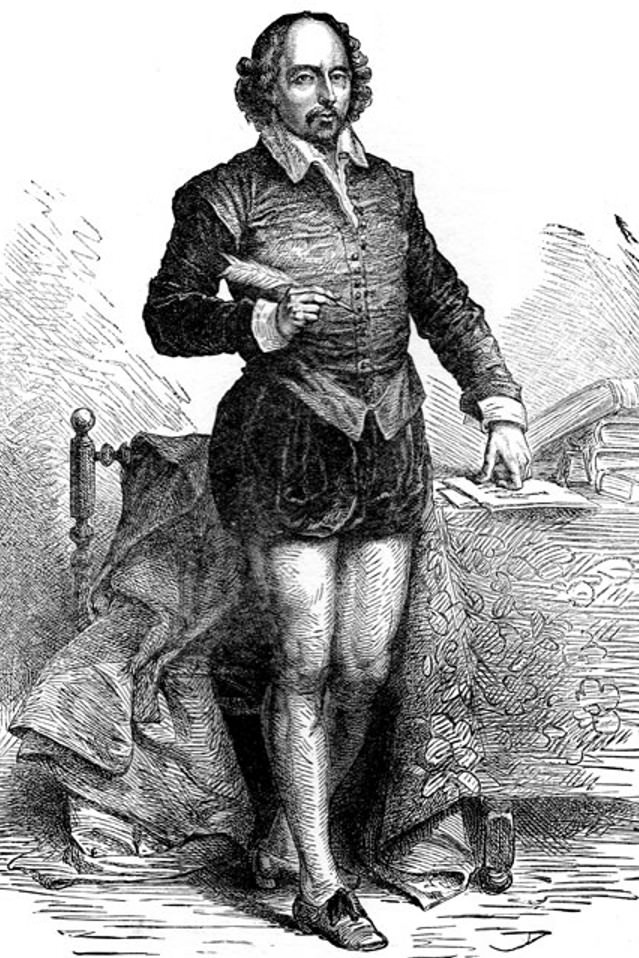Here’s a question that comes up in my life a lot. We talk about Shakespeare here. That’s easy. But when I go and add the site to various boards and services, inevitably I’m asked to place it into a category.
Day: April 26, 2012
Shakespeare Geek on Pinterest
After the flood of pictures I took in Washington last week, I finally broke down and decided to join pinterest.com. This site’s never been heavy into pictures, but if that’s what people want to follow these days, I’ll do what I can to start adding more visual content.
Unfortunately somebody already beat me to “ShakespeareGeek” as a username, so you can find me as ShakesGeek. Right now I’ve got two ‘boards’ set up — one that will pin stuff directly from the blog (so if you’re already following the blog in some fashion, you’ll have seen it), and another for ‘found Shakespeare’ for all those random Shakespeare related images that I find floating around than don’t always merit their own post.
[EDIT] Oh, and you may also see a “Pin it!” button in the upper right corner of those posts with picture content. If you are someone who uses pinterest and you like the content I’m putting up, sharing it in this way would be a great way to support the site. Thanks!
I Would Challenge You To A Battle Of Wits But I See You Are Unarmed
When I spotted this “battle of wits” quote as attributed to Shakespeare, I immediately thought of the closest thing I could remember, Beatrice’s zinger in Benedick’s general direction in Much Ado About Nothing:
Beatrice
- Alas! he gets nothing by that. In our last
- conflict four of his five wits went halting off, and
- now is the whole man governed with one: so that if
- he have wit enough to keep himself warm, let him
- bear it for a difference between himself and his
- horse; for it is all the wealth that he hath left,
- to be known a reasonable creature. Who is his
- companion now? He hath every month a new sworn brother.
[Citation : Much Ado about Nothing – Act 1, Scene 1. Lines: 56 ]

This ends up pretty close. Roughly translated, “In our last battle of wits he lost most of his, and now he’s only left with one, so I’m going to let him keep it so people can tell the difference between him and his horse.”
Is it even possible to give proper attribution to the quote in question, though? It seems like the generic sort of thing that many people have thought of over the years.
The best answer, I think, came from the ChaCha board. Every now and then, for one of these quotes, I’ll see someone who has asked, “What play is that from?” Because, as a general rule, if the quote always says “Shakespeare” but never says the play? That means he never said it. Anyway, somebody asks what play this wits quote is from. The answer that came back was, and I’m not making this up, “It’s not in a play. William Shakespeare the person said it.”
Oh. Dear ChaCha answerer, if you have access to documents written by Mr. Shakespeare that the rest of us don’t know about, please share! You could be a very, very rich person.
Explore more posts in the Not by Shakespeare category.
